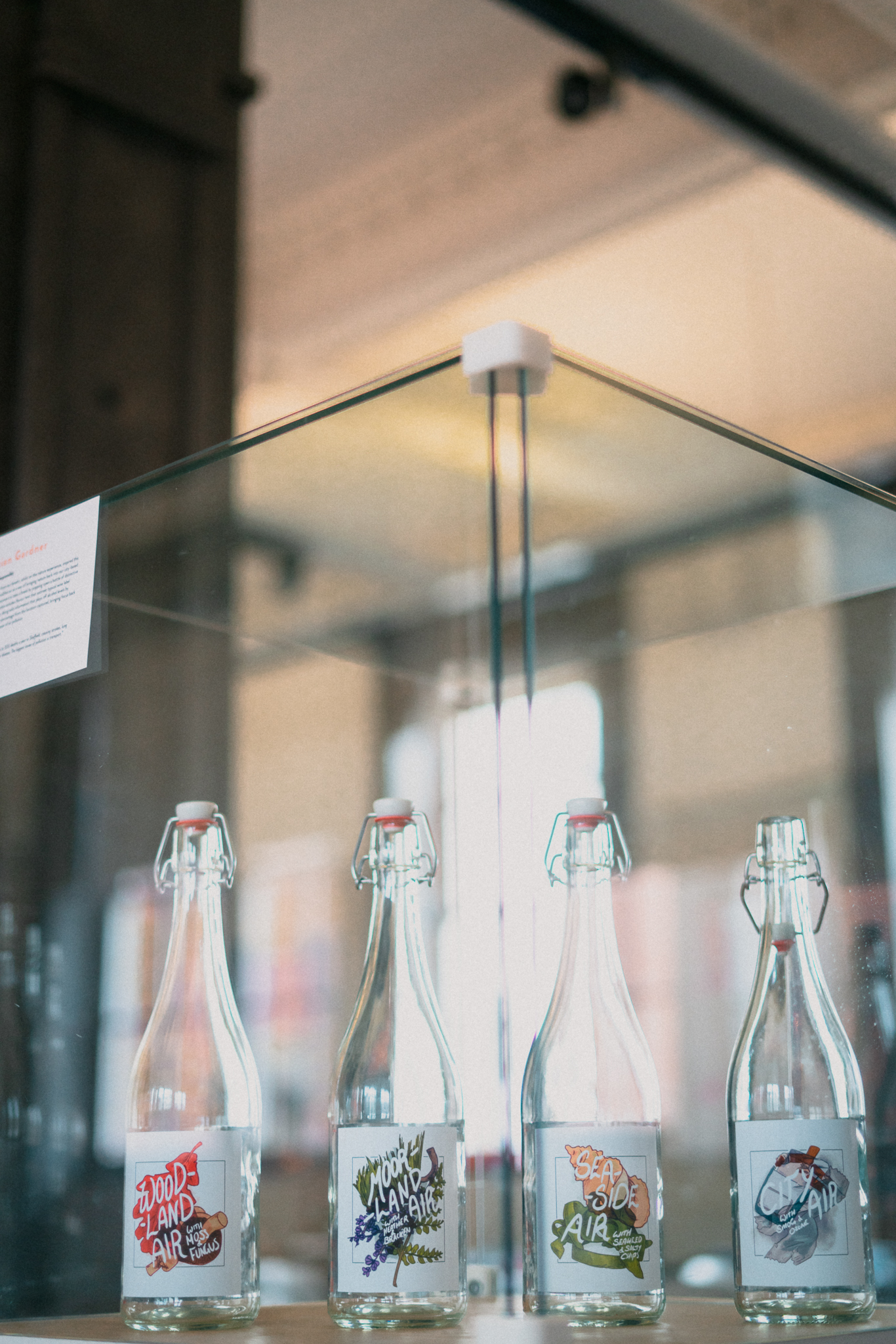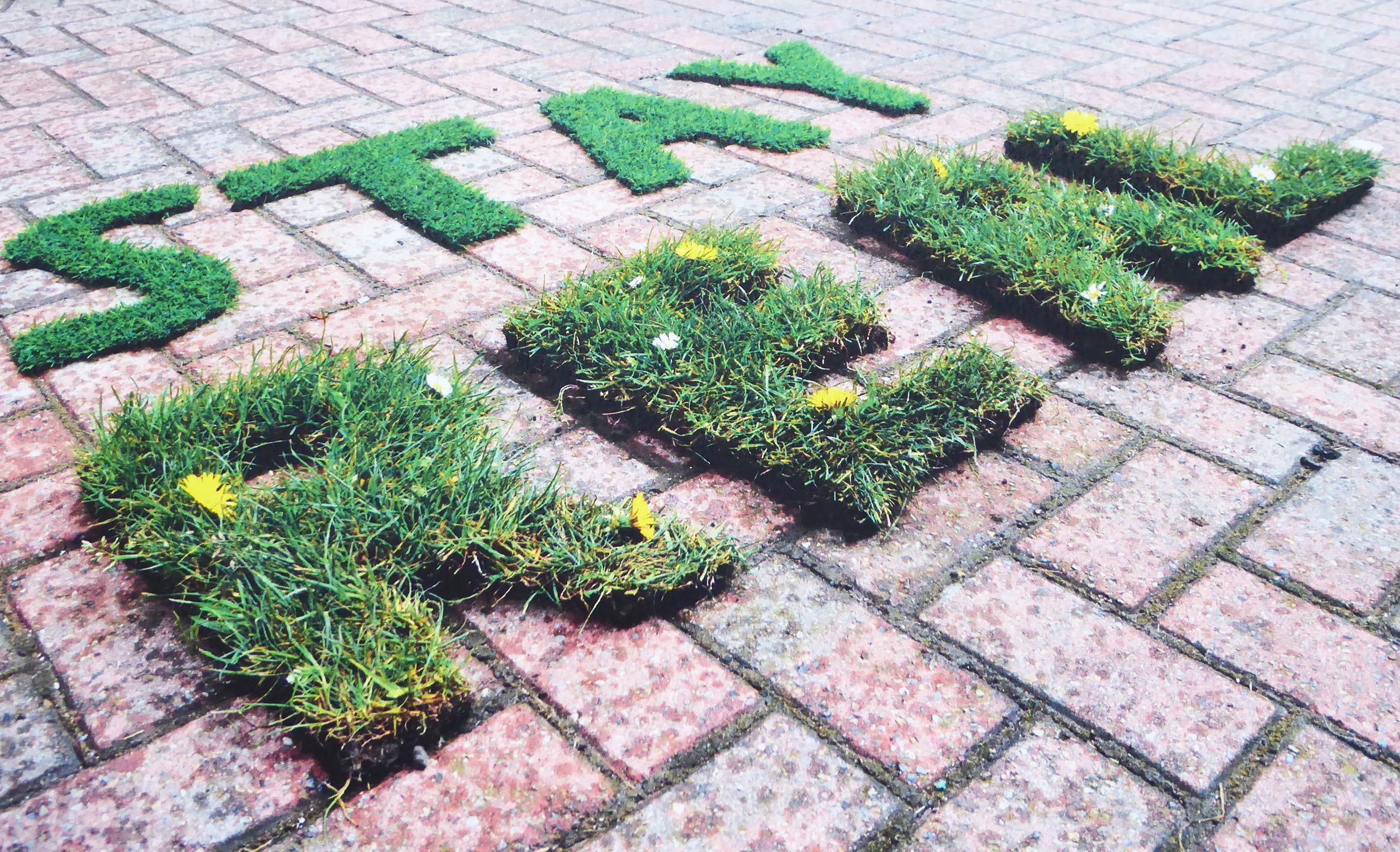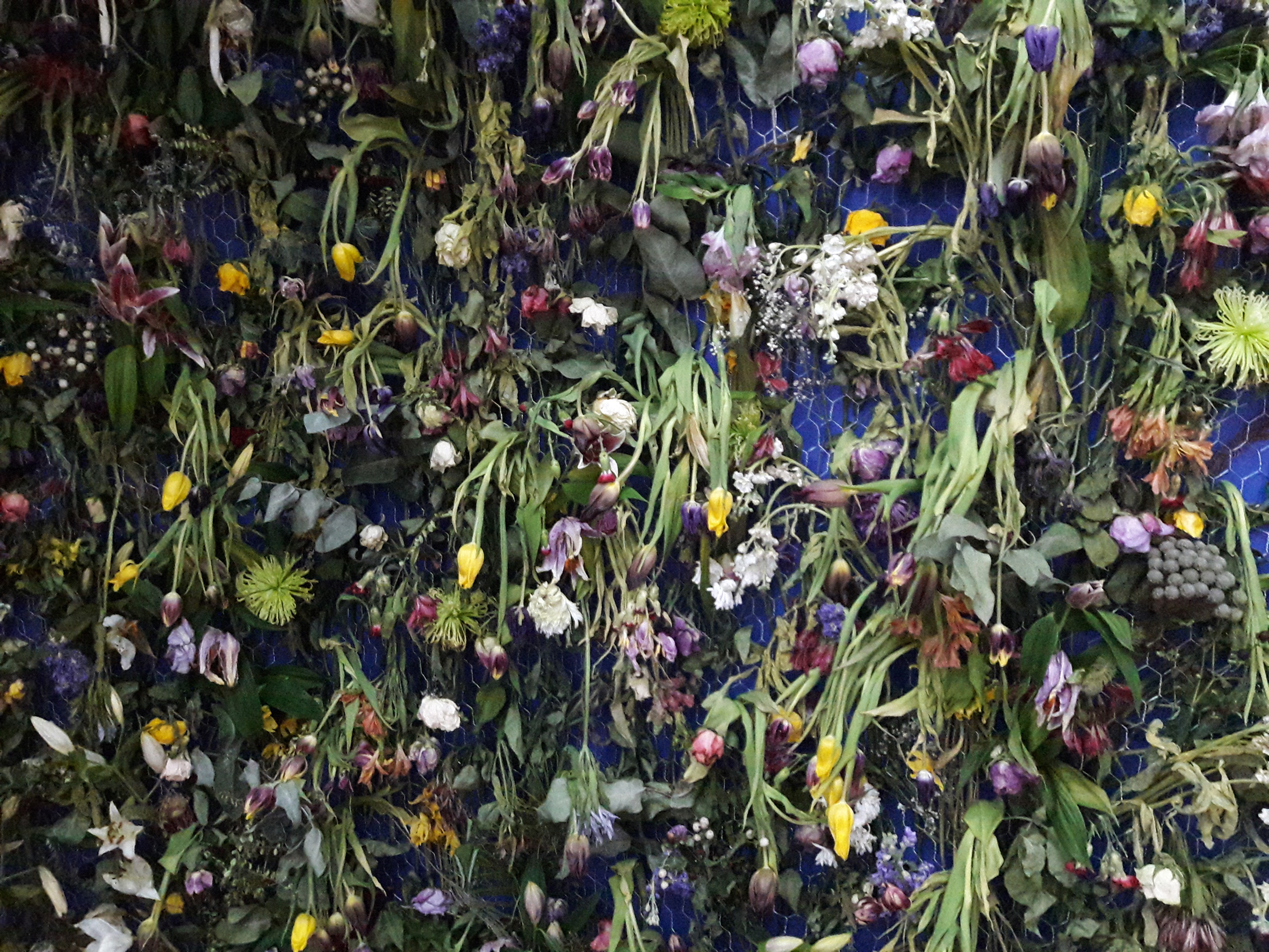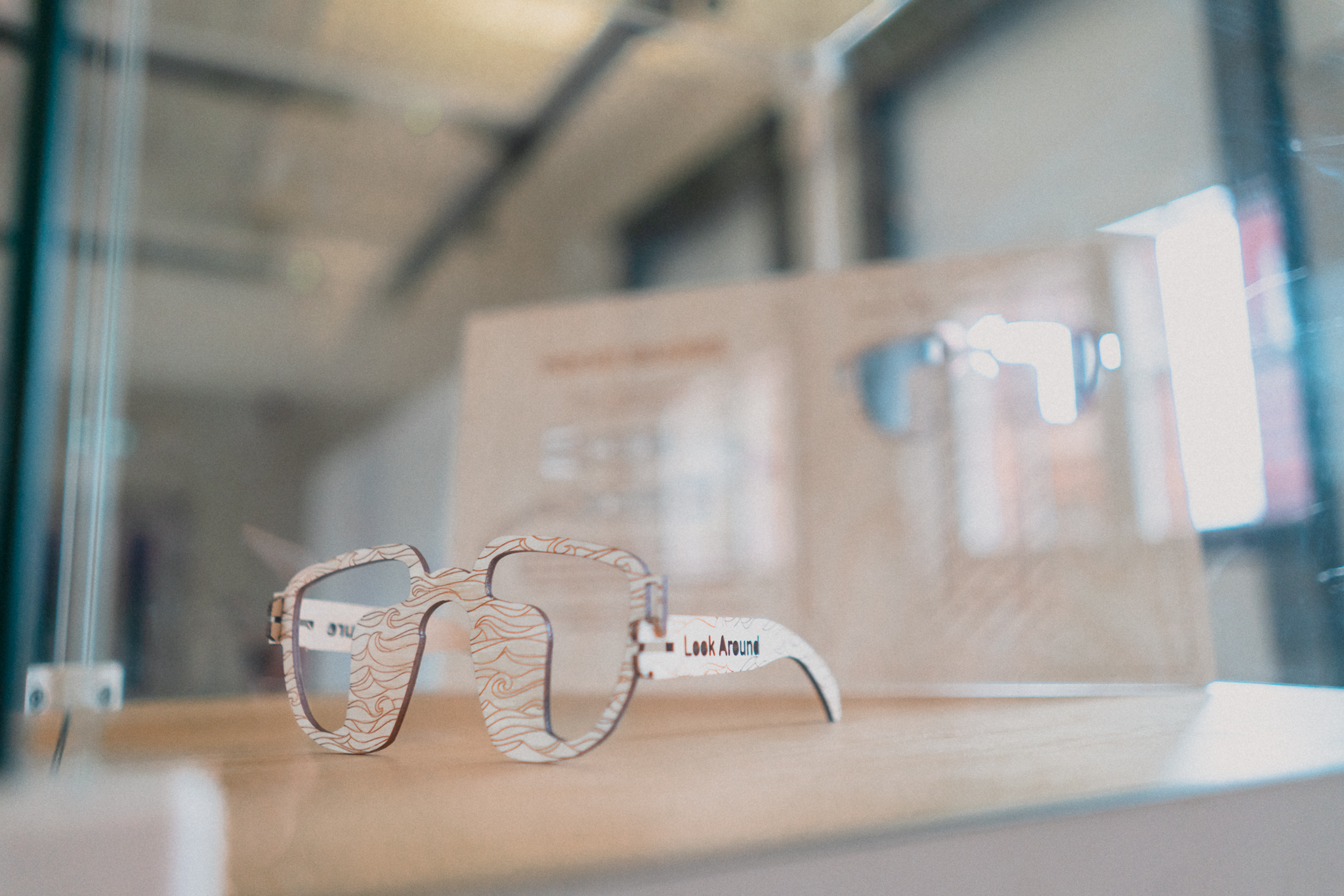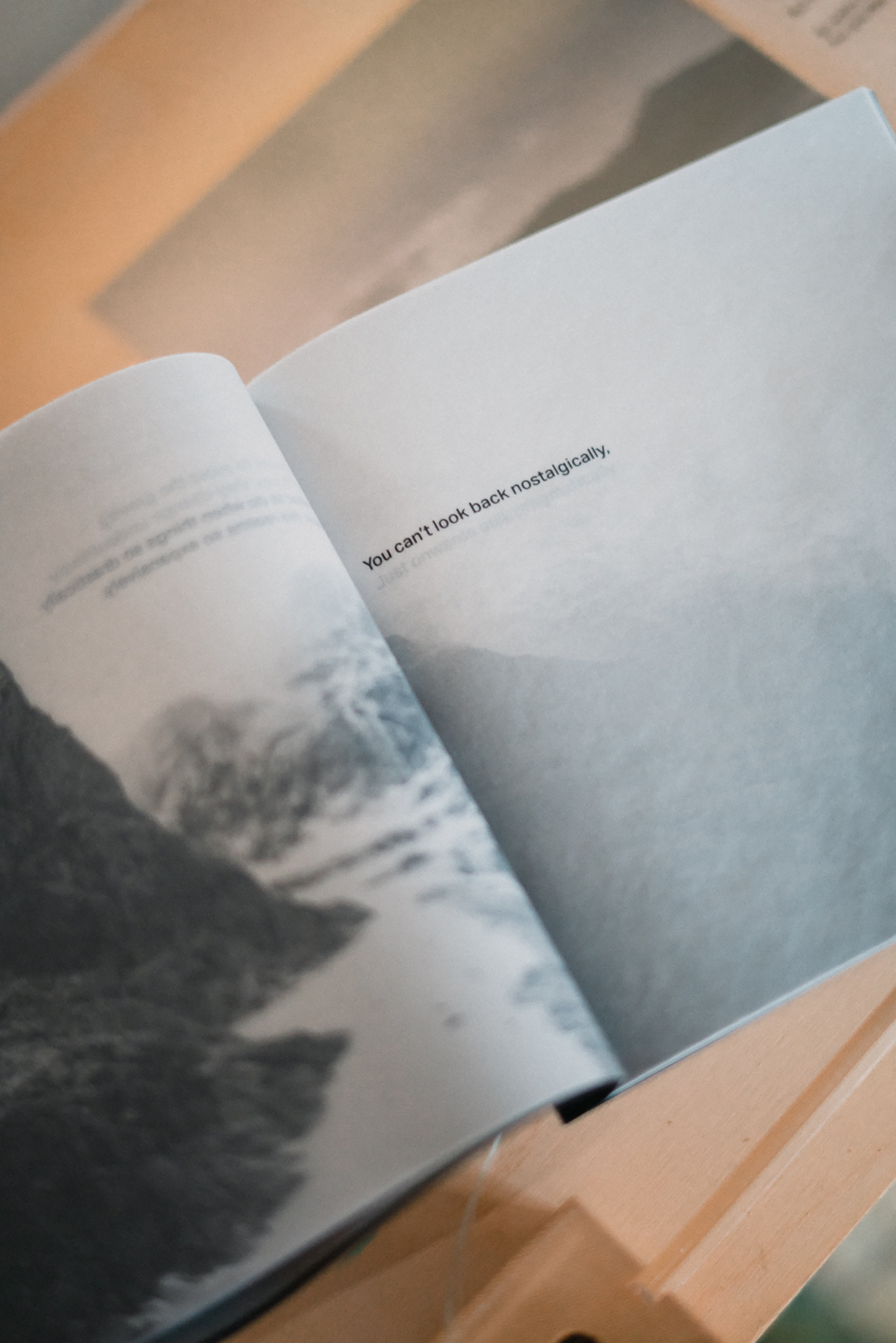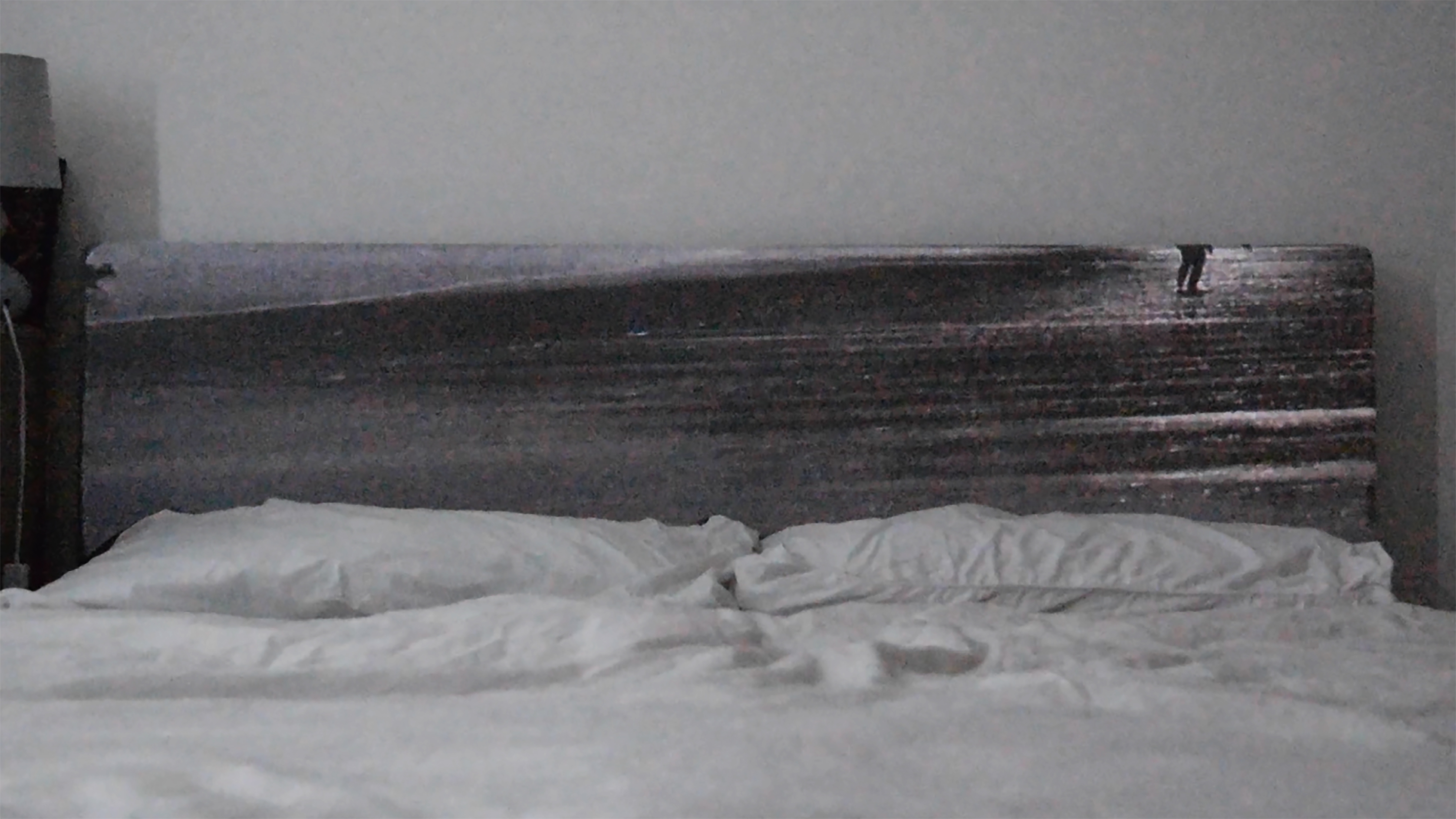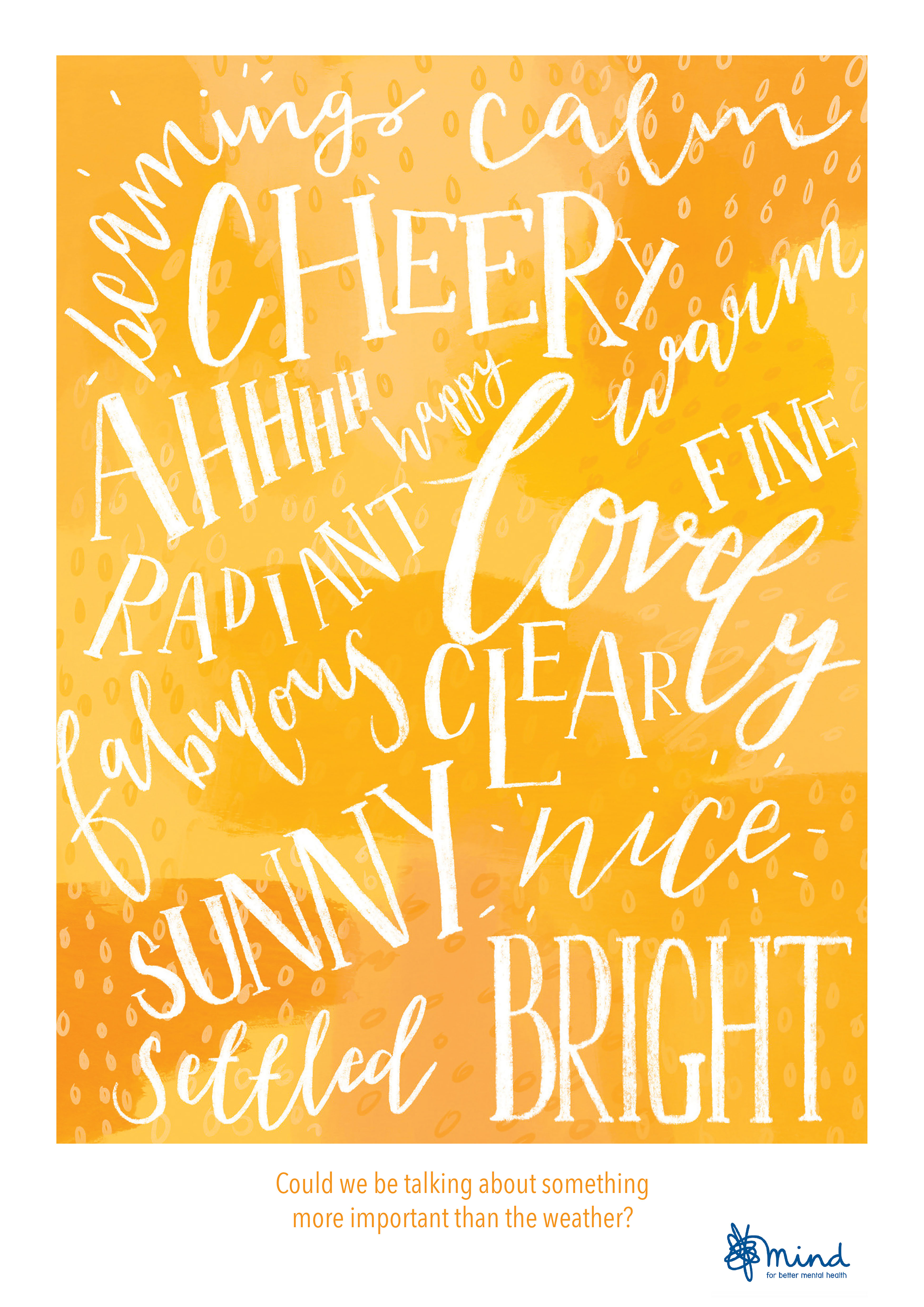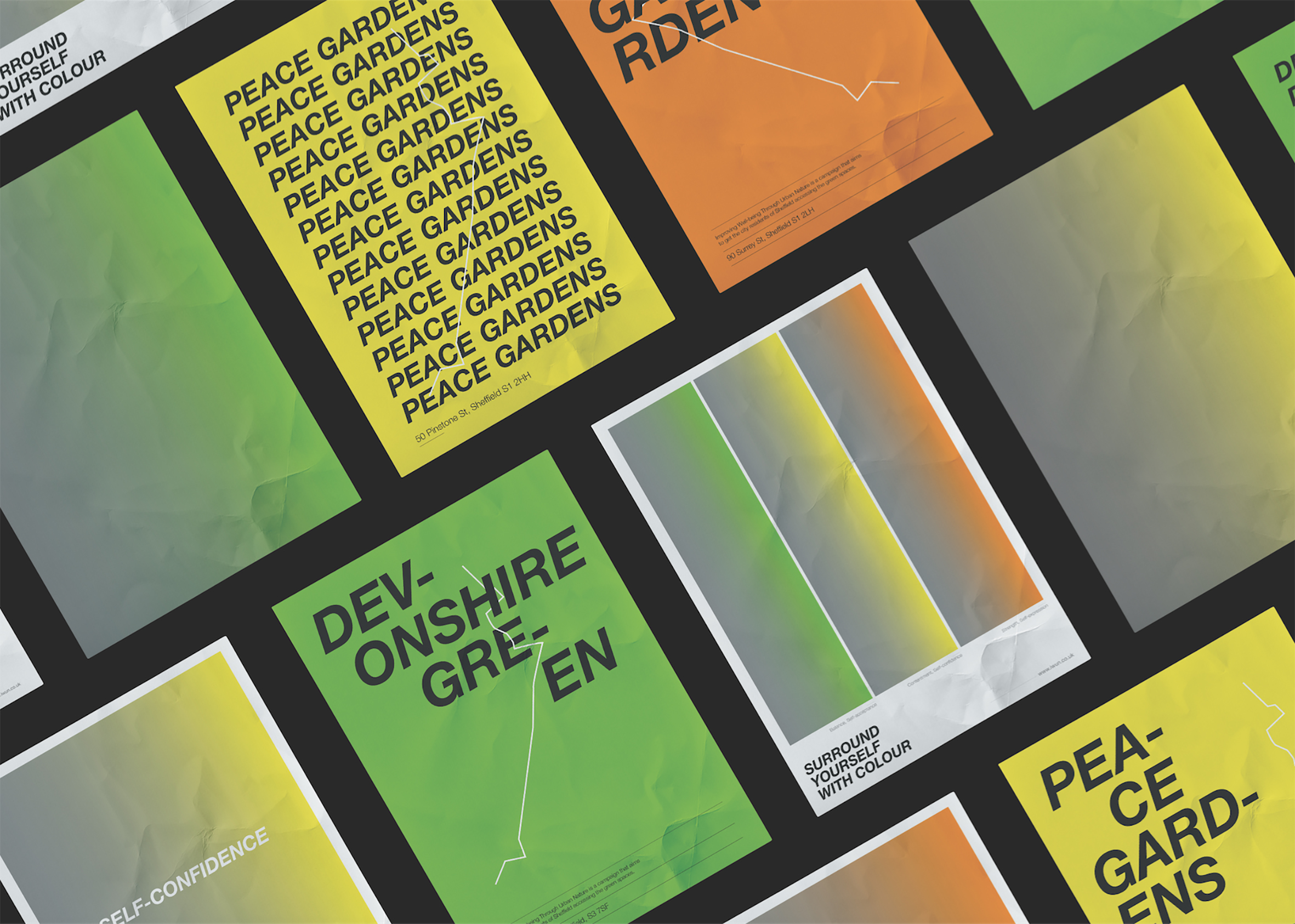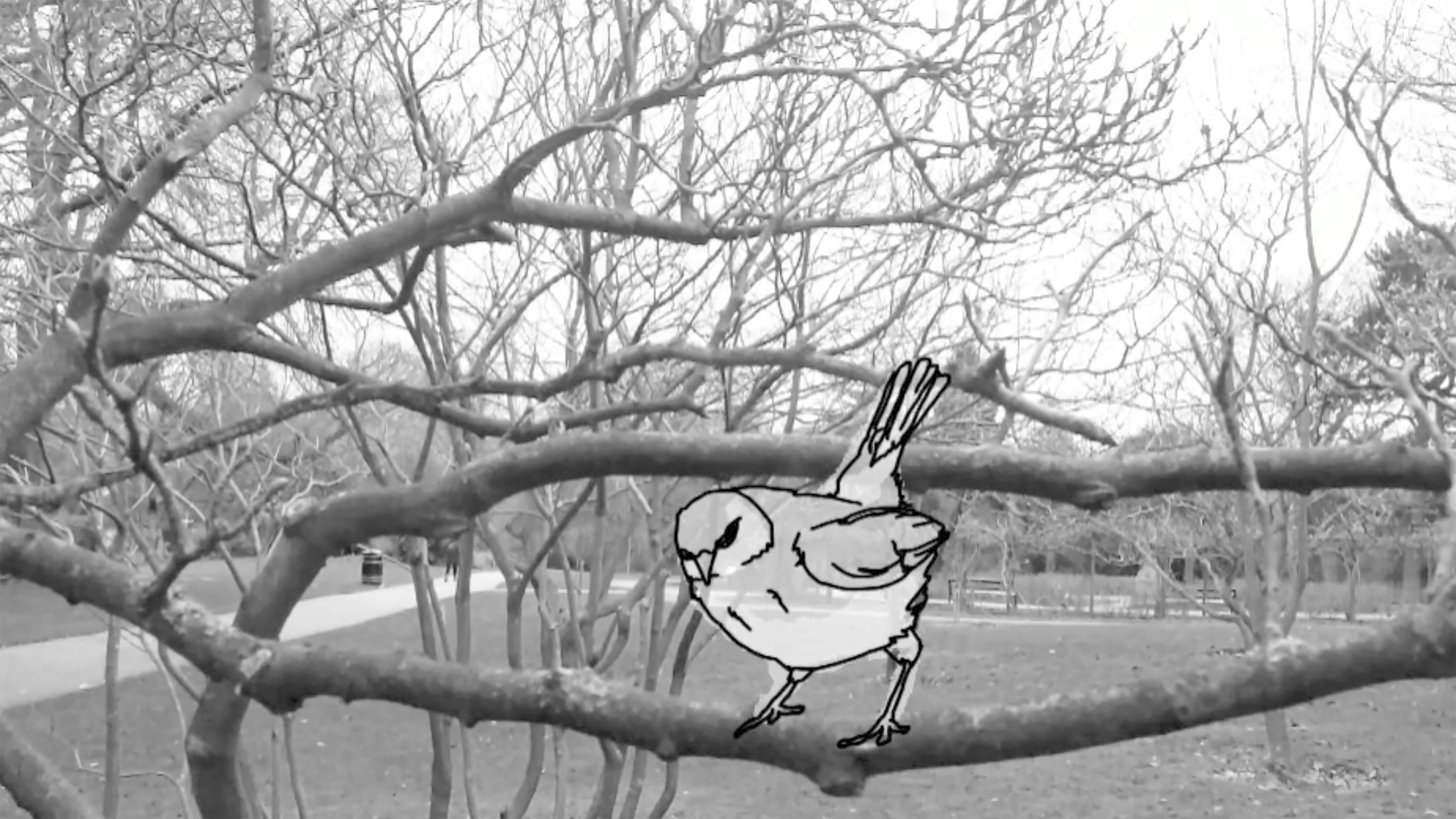‘Interpret’ Nature
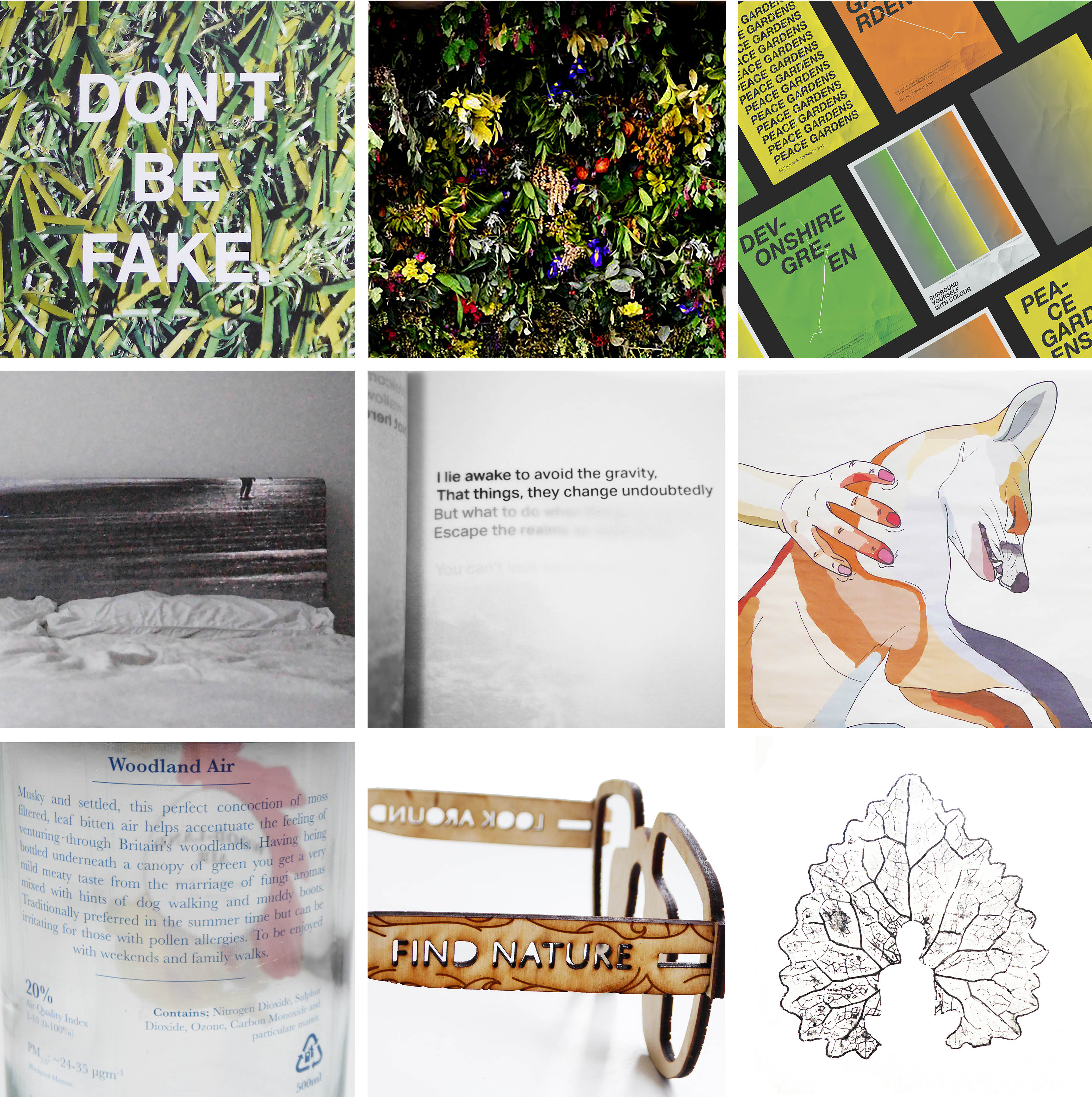
Analysis
The tight structure of the interventions, with guidance from both visual communication and psychology staff, offered unique learning opportunities in terms of relating the two topics. The students built their concepts on the experience of the solo. Some found ‘it to have a positive effect on wellbeing’ or ‘the serenity of sitting alone in nature gave focus and perspective’ or it ‘was a thought-provoking experience’. Others were made ‘aware that, despite many of our views of nature being positive, this is not always the case’ and ‘it was a stark contrast to the regular routine of the average week’.
Consequently, a wide range of issues were identified and addressed within the student
outcomes. Subjects included air pollution, artificial nature, benefits of eco therapy, crime reduction in green spaces, biophilia, wildlife habitat loss, light pollution, social media overload, urban nature, seasonal affective disorder and the lives of trees.
The outcomes were designed to offer audiences the chance to interact with natural forms, consume bottles of fresh air, wear accessories to limit distraction of social media, watch animated and live action films about trees or agoraphobia,
follow signage for urban nature walks, and read illustrated articles and posters about benefits of time in nature, crime reduction in green spaces and wildlife habitats under threat.
The creative outputs of the Ego to Eco project are diverse, meaningful and thought provoking. Following the descriptions are quotes from literature that Joanna and Elizabeth identified that further exemplify how the student’s interpretations connect with wider discussions and research about nature connection, wellbeing and environmental stewardship.
Student Work
2016:
2018:
